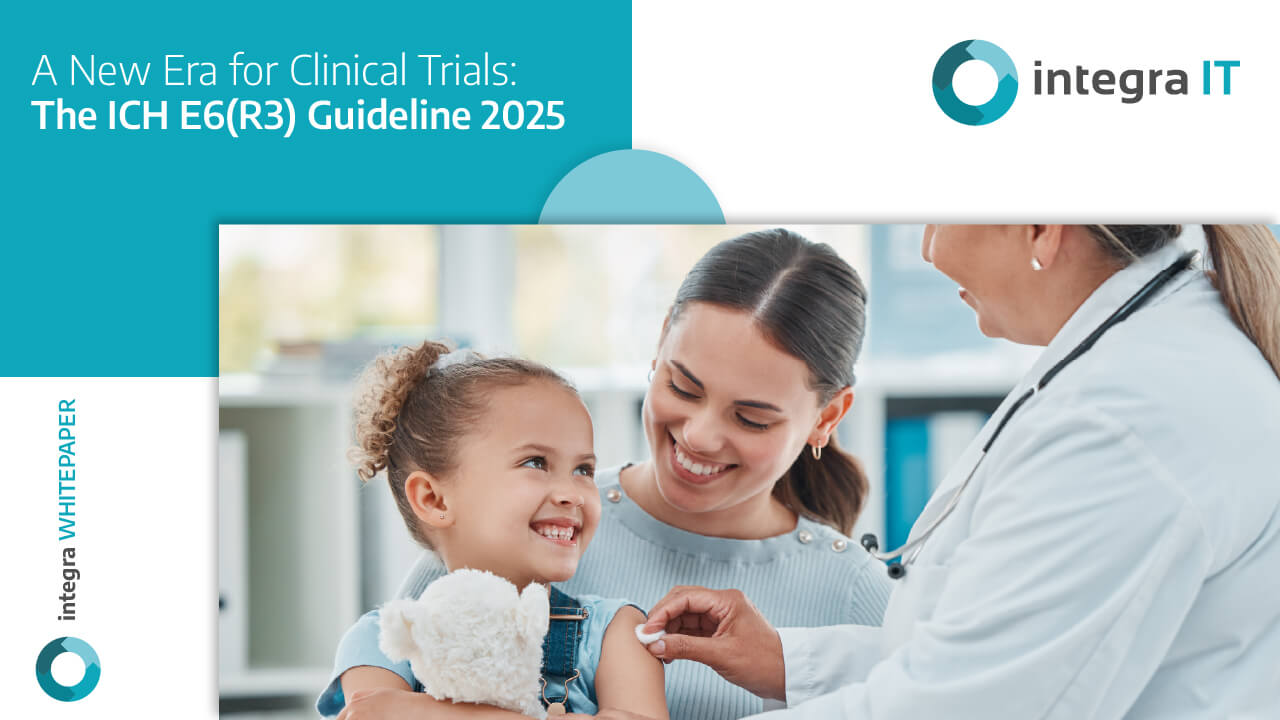Table of Contents
Adherence to Good Clinical Practices (GCPs) is mandatory in clinical trials. These rigorous standards ensure safety, ethics, and reliability in medical research. However, GCP compliance can be challenging, especially given the increasing regulatory scrutiny and the sheer volume of data generated in modern trials. Fortunately, digital solutions offer a powerful toolkit to streamline processes, enhance data quality, and ensure adherence to GCP guidelines. This article expresses the seven fundamental principles of GCP.
Fundamental Principles of Good Clinical Practices
The following principles are based on principles reflected in The International Council for Harmonization of Technical Requirements for Pharmaceuticals for Human Use ICH Guidelines:
- Protection of study subjects’ rights, safety, and well-being: The ICH guidelines emphasize the need for informed consent, regular safety checks, and privacy protection for study participants. Institutional Review Boards are also vital in safeguarding participant rights.
- Study Design: The guidelines provide instructions on clinical trial design, covering protocol clarity, participant selection, and sound statistical practices.
- Selection and Qualification of Investigators: The ICH guidelines specify the qualifications and training required for clinical trial investigators. They also address the importance of maintaining investigator independence to avoid conflicts of interest.
- Data Recording, Handling, and Storage: The ICH guidelines highlight the guidance for accurate data recording, secure storage, and the use of data management systems to maintain data integrity.
- Monitoring: The ICH guidelines require regular monitoring of clinical trials to ensure compliance with the protocol and to identify any safety issues. They also outline the reporting requirements for adverse events and other safety concerns.
- Auditing and Inspection: The ICH guidelines specify the requirements for conducting internal audits and external inspections to verify compliance with GCP and provide guidance on reporting audit and inspection findings to regulatory authorities.
- Quality assurance: The ICH guidelines stress the importance of a quality management system to ensure that all aspects of the clinical trial are conducted according to GCP. This includes developing standard operating procedures, training staff, and regularly reviewing quality systems.
The Critical Role of GCP
By adhering to these Good Clinical Practices, researchers can protect participant safety by minimizing risks and ensuring their well-being, maintain data integrity to produce reliable and accurate data that supports evidence-based medicine, ensure regulatory compliance by meeting the stringent requirements set by health authorities, and enhance the credibility of research, contributing to the advancement of medical knowledge.
However, complying with GCPs can be challenging. Researchers often face complex regulations that are time-consuming to keep up with, difficulties in managing large datasets while ensuring data integrity, inefficiencies due to manual processes prone to errors, and challenges in coordinating with multiple stakeholders.
Digital Use for Good Clinical Practices
Centralized Management | Real-Time tracking | Custom Reports
Digital tools and software can significantly streamline GCP compliance. Trial360 is a digital platform designed to simplify and facilitate clinical trial management, especially when adhering to Good Clinical Practice (GCP) guidelines. The findings and deviations module is one of its standout features supporting good clinical practice principles. This tool allows users to easily document, track, and resolve any issues or discrepancies that arise during a study.
Whether it’s an adverse event, a protocol deviation, or a quality control issue, Trial360 provides a centralized place to record details, assign responsibilities, and track progress. With features like real-time status updates, customizable reports, and automated alerts, the platform ensures that no issue falls through the cracks. Maintain data integrity, protect participant safety, and ensure regulatory compliance.
Conclusion
Adherence to Good Clinical Practices (GCPs) ensures the safety, ethics, and reliability of clinical trials. By following these seven fundamental principles outlined in this article, researchers can contribute to advancing medical knowledge and protecting participants’ well-being. However, GCP compliance can be challenging due to complex regulations, data management challenges, and the need for efficient processes. Digital solutions like Trial360 offer a powerful toolkit to streamline operations, enhance data quality, and ensure adherence to GCP guidelines.
How do you ensure GCP compliance? Make it simple with Trial360. Contact Us
References
- Good Clinical Practices (GCP): Ensuring Ethical and Reliable Clinical Research
International Council for Harmonization of Technical Requirements for Pharmaceuticals for Human Use. (2023, May 19). ICH E6(R3) Guideline: Good Clinical Practice (Draft) [PDF]. ICH Secretariat.




